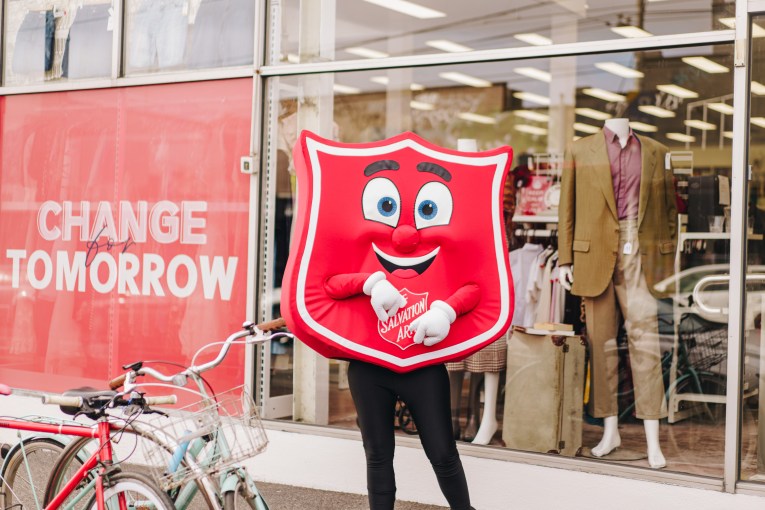First State Super to sell out of thermal coal

One of the nation’s largest superannuation funds has promised to ditch its shares in companies that earn more than 10 per cent of revenue from thermal coal mining.
First State Super, which looks after more than $120 billion in retirement savings, announced its plans to sell out of thermal coal as part of a broader climate action plan released on Thursday.
The superannuation fund has set an emissions reduction target of 30 per cent across its listed equities portfolio by 2023 and 45 per cent across its portfolio by 2030.
First State Super CEO Deanne Stewart said climate change was one of the biggest risks to members’ retirement savings, and that now was the time for “bold and decisive action”.
It is essential that as a responsible owner super funds set strong, ambitious and transparent targets to deliver the kind of action we need now to prepare for a more prosperous and sustainable future,” Ms Stewart said in a statement.
“We have seen over the past 10 years significant volatility in value of thermal coal miners, and increasingly insurance companies are signalling their intent to exit this sector in response to medium-term climate-related risks.”
Ms Stewart said the fund would meet its targets by engaging with the boards of heavy polluters, divesting whenever engagement fails, and setting new fund-wide targets for investments in renewable energy and new technologies – among other things.
Starting in October, the fund’s first major step will be to divest from businesses that earn more than 10 per cent of their revenue from thermal coal mining.
Tweet from @DanielFallon1
Based on corporate records from 2019, this will involve dumping shares in ASX-listed Whitehaven Coal, Stanmore Coal, New Hope and Washington H. Soul Pattinson.
And the super fund has already made progress on renewables.
Last year, it took a one-third stake in the $1.1 billion South Australian wind farm Snowtown 2.
Its most recent announcement comes after HESTA, the superannuation fund representing the health and community services sector, announced a target of net zero emissions across its investment portfolio by 2050.
Dan Gocher, who is the director of climate and environment at the Australasian Centre for Corporate Responsibility (ACCR), expects many more funds will follow suit.
“This has been building for some time,” Mr Gocher told The New Daily.
[Funds] are probably getting a fair bit of member feedback, I think community concern after the bushfires was probably a big influence, and then you’ve got regulators all demanding that funds and companies do more on climate – from the RBA to APRA to ASIC, you name it.”
“And I suppose there’s an element of peer pressure as well,” he added.
“Super is a pretty competitive space these days. Funds are probably all on the hunt for new members, and looking like the leader ahead of your peers is probably good motivation.”
Mr Gocher described First State’s move as a “great signal”, but he also called on the fund to more actively reduce emissions across the property and infrastructure it owns – not just across its investments.
“You can reduce your carbon intensity by divesting a couple of stocks, without any real-world outcome … whereas if they’re reducing emissions in their property and infrastructure portfolios, which they own or own part of, then they’re actually producing less emissions,” Mr Gocher said.
“It’s the difference between an accounting difference and actually reducing emissions in the real world.”
Asked whether First State had plans to reduce emissions across its real assets as well as its investments, head of responsible investments Liza McDonald said: “Obviously this is a big, complex task but within the [Climate Change Portfolio Transition Plan] we have outlined our target to undertake this work with our direct investments.”
The publicly available transition plan says the fund will set emission reduction targets for the companies it owns, but it stops short of outlining a specific figure.








